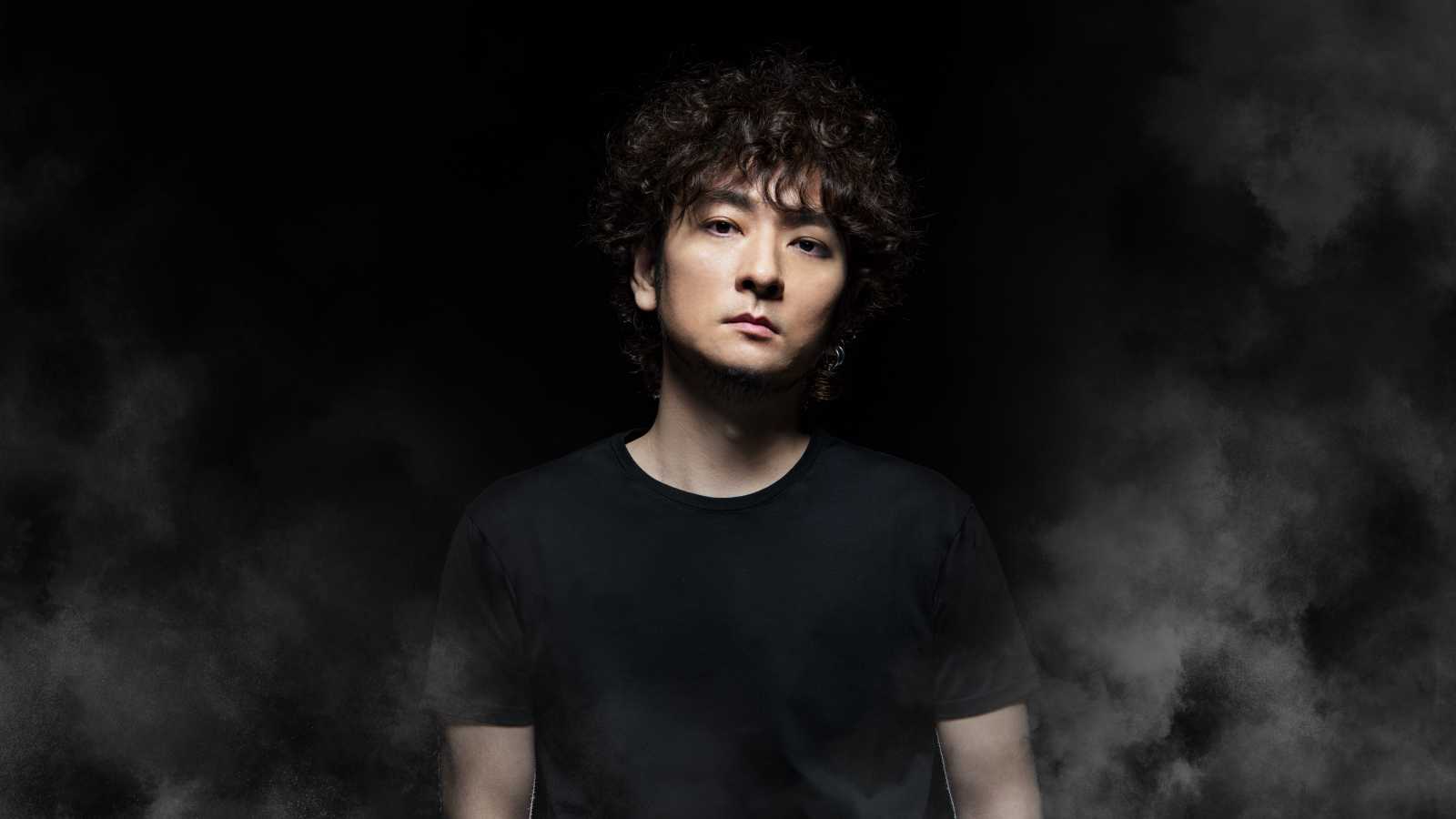In a small town in Hokkaido, Aya grew up with music. She listened to her parents' old songs while she doodled but it wasn't until she heard the sound of the electric guitar at a Ventures' concert while she was at primary school that she decided what she wanted to do with her life. By the time she was fifteen, she had joined a girl band that covered punk and rock bands like the Sex Pistols. One day, she heard the Nirvana album Nevermind, and, inspired by this, she found a new direction in her music. Aya left her hometown and began moving around Hokkaido before finally settling in Tokyo, where she spent some time performing in bars to support herself. Eventually she participated in a pop vocal contest and won. Sady, her songwriter died before she was able to make her debut.
Due to these unfortunate circumstances, Aya nearly gave up on her dream of becoming a professional musician until she tried to write a song herself and was pleasantly surprised at how easily it came to her. (Incidentally, the first song she wrote, HANDS, would be released in 2001 as her debut single.) Regaining her confidence, Aya spent her time producing demos and, by the time she signed with BMG in 2000, she had 30 finely-tuned tracks ready for production for which she had arranged and played all of the instrumental parts. Adam Kasper, an American rock producer who had worked with several bands like Foo Fighters and Pearl Jam, heard her demo tape and was so impressed by the quality that he immediately agreed to produce her. This gave the rising star an opportunity to work with famous musicians such as drummer Matt Cameron (ex-Soundgarden, currently playing with Pearl Jam) and former Nirvana bassist Kris Novoselic, a hero of hers.
Her first album, Senjou no Hana (also known as A Flower In the Battlefield) was released in 2002 to glowing reviews from Japanese rock critics and even the German press. She spent the year promoting her album with a number of live performances, including a memorable performance at the "Summer Sonic Festival" (one of Japan's largest rock festivals). She was even invited to open for the legendary rock singer Eikichi Yazawa, and proved how well she could work an audience of 50,000 people despite her "newcomer" status.
In 2003, Aya released Kinjirareta Uta (The Forbidden Song), a 7-track EP that showed off her maturity and conviction as both a songwriter and a performer. Rather than having famous rockers support her as had been done with her first album, Aya showed that she was capable of producing her signature sound with the three support musicians who had played with her since her debut. The result was a much more straightforward sound that was once again applauded by Japanese rock critics.
A year later, in 2004, Aya's second full-length album, BAGHDAD SKY, was released. It was considered to be Aya's "essence", a rock album with substantial attitude and confidence, with a balanced mix of pure rock tracks, more poppy songs, and powerful ballads. A German version of BAGHDAD SKY was also released, with five additional tracks.
Aya's most recent work, her song OVER NIGHT, was released in 2006, and used as the ending theme for the anime "Le Chevalier d'Eon". OVER NIGHT showed off her softer side with breathy vocals and mellow, lilting acoustics. Since OVER NIGHT, she has not had any new releases; however, her fans eagerly await her next release.
![HYDE [INSIDE] LIVE 2024 -EXTRA- at Makuhari Messe](https://www.jame-world.com/media/image/2024-11/_16-9_14951.jpg)


